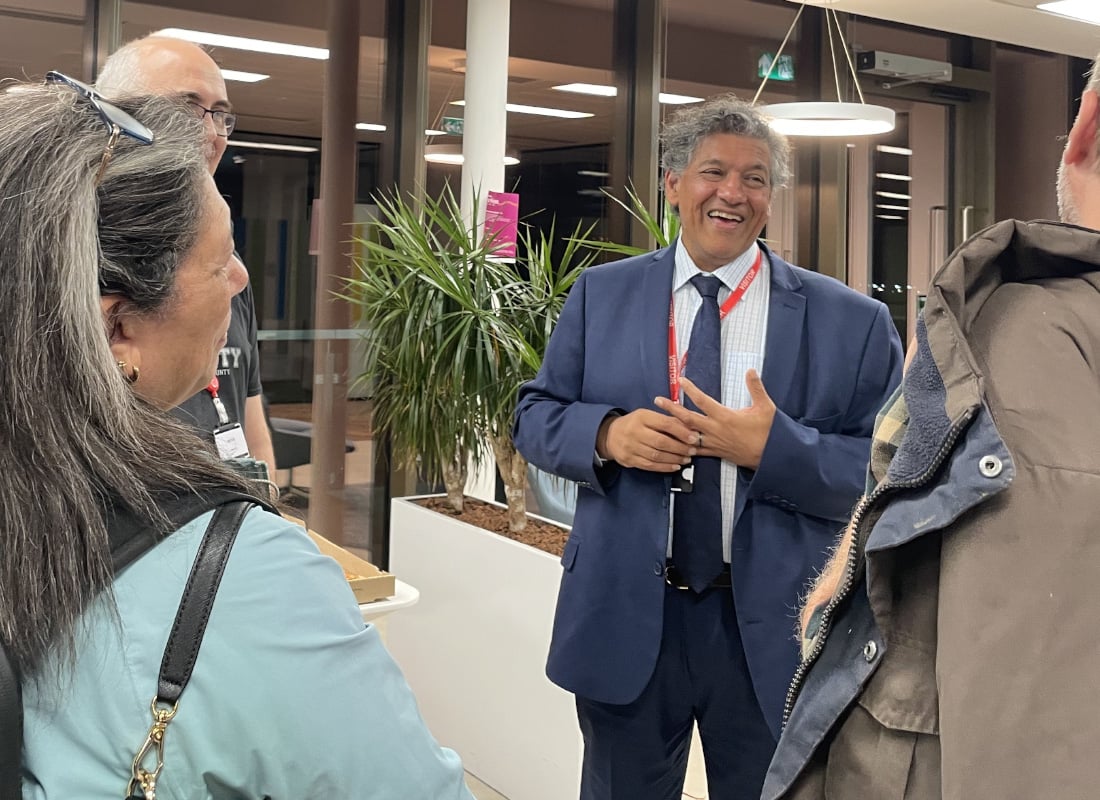Back in the 1980s, there was a poster which was fairly ubiquitous around IT departments: ‘To err is human, to really foul things up requires a computer’. If we were to update that poster I would suggest that we would replace computer with algorithm.
Let me illustrate with an email I received this morning from Twitter. It suggested some followers to me, ‘based on God’. In a mystically surreal way, when I tried to follow God, Twitter informed me that I was unable to follow God at the moment as I was following too many others.
Over Christmas, there was much comment around Facebook's personalised view of the year. Pictures of a deceased parent or child or cheating partner were ‘highlights’ of 2014 according to the algorithm used. The claim that ‘it worked for most people’ only illustrates a lack of empathy and understanding among those who truly believe that algorithms are the way forward on all our problems.
Fundamentally, it demonstrates a misunderstanding of the nature of information and human insight.
Looking at the 2015 prognostications of some of my favourite futurists, there is a theme emerging across a lot of disciplines:
‘In 2015, developments in big data, algorithms and AI will start to exceed human performance in all walks of life.’
How do you feel about that?
I tried the following on an iPhone: ‘Siri, who invented television?’ Siri responded with Charles Jenkins. I find that interesting. Given the huge data and software behind Siri, how do you evaluate the answer?
On my last visit to the Smithsonian in Washington, I remember Philo Farnsworth being celebrated. As you drive into Helensburgh in West Scotland, you are greeted with the sign ‘birthplace of John Logie Baird, inventor of Television’.
What does it mean to match or exceed human performance in this case? Should Siri give different answers in different countries? What would be the answer in North Korea? Or, should Helensburgh take down the signs now that Siri has, literally, spoken?
It’s not that I am sceptical that there are many complex areas where these maturing technologies can contribute to step changes in our society and economy, but a more nuanced set of claims seems sensible to avoid overpromising and under delivering.
Let me try to explain my current position. Do I think that it is in principle possible to create an algorithm that could ‘write’ a Beethoven symphony to a standard that would challenge or fool a music expert? My answer would be yes.
However, do I think that an algorithm could be created that would create a step change in symphonic form as Beethoven did with the Eroica? I’ve been reading Howard Gardner on the neuroscience of creativity and I just don’t think we could yet say that this will be possible. Anyway, who would judge that it was a step forward, the algorithm or people? Many breakthrough examples in music have been dismissed or hated initially.
Similarly, the existence of algorithms that outperform doctors in diagnoses seems clearly to be realistic. However, the evidence on which this is based is human expertise and experience. Once we know how to do something we can automate it and machines can be faster, more consistent and reliable than people. That does not of itself move the state of the art forward.
Remember our old friend GIGO, Garbage in-Garbage Out? I used to have two copies of letters from the 80s sent by local government to citizens as reminders.
One was a change of circumstance letter, which outlined the reason for a change of circumstance being that the addressee was now dead. Helpfully, it outlined the appeal procedure.
The second was a threat of sending in the bailiffs for an unpaid debt of £0.00.The problem lay both in the data and the process. It seems to me that we are at risk of falling back into the same set of traps again.
Given the importance of the US West Coast in IT innovation, I find it helpful to see each technology leap as recreating a new hippy era. In 2015 we are in ‘Search of the Lost Algorithm’. This time round the rallying cry seems to be ‘Make Data, not War’.
So, how smart is a smart algorithm? How can you tell? If I create a new one which is twice as good as the old one, how would you demonstrate that improvement?
Also over Christmas I read an article that suggested that people’s postings on social media were not always accurate. I confess I nearly fell off the bar stool on my super yacht at that one. Apparently, some people exaggerate and make their lives sound more interesting than they really are. Well I never!
Let’s make the progress we can make from these exciting advances in these technologies. I’ve blogged before that the technology has developed faster than our fundamental understanding of information.
People are part of the information system, not impartial observers. Algorithms that don’t realise that are as dumb as my earlier examples.
Have a great 2015!












